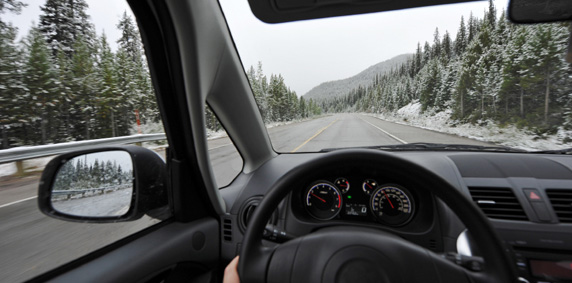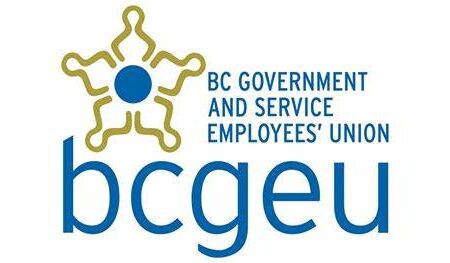Be careful on the highways during Family Day Holiday Weekend
Road conditions can be unpredictable and vary widely across the province at this time of year. If you’ll be travelling over Family Day long weekend, snow, sleet, heavy rain, fog and ice are just some of the challenging winter conditions you could encounter when driving on B.C. roads.
On average, 24 people are killed and 5,700 are injured in 19,000 crashes every February in B.C. and seven people are killed and 690 are injured in 2,700 crashes every February in the Southern Interior.
Here are ICBC’s top five safe driving tips for the long weekend:
-
Pre-trip check: Check your tire pressure and top up your windshield wiper fluid. Remember that you are still required to use winter tires on certain B.C. highways until March 31.
-
Know your route: Visit drivebc.ca to check road conditions for your entire route and possible road closures. There may be increased traffic volumes this long weekend so be realistic about your travel time and allow extra time to get to your destination.
-
It’s dark out there: Since it gets dark early in the evening right now, avoid setting off on your road trip after a full day of work if you can and, instead, wait until the next morning. If you do travel after work, make sure you get a good sleep the night before and take rest breaks or switch drivers every two hours to prevent driver fatigue. If weather is poor or visibility is reduced, consider using your headlights to help you see ahead and be seen by other drivers.
-
Adjust your driving: Posted speed limits are for ideal conditions only. It takes more time and distance to come to a complete stop on wet, icy or snowy roads. Adjust your speed to the conditions and always maintain a safe travelling distance between vehicles.
-
Put it down: Make important calls before you get in your vehicle. Use rest stops to take a break, get some fresh air and check your messages. If you know you may find it challenging to ignore your cellphone while driving, turn it off or put it in the trunk of your car so you won’t be tempted.
*Injury and crash data is based on 2009 to 2013 ICBC data. Fatality data is based on 2009 to 2013 police data.
























Comments